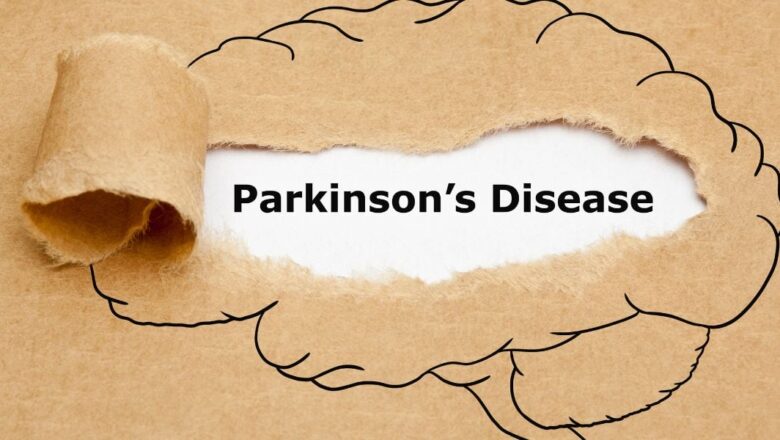
Ways to Improve Quality of Life in Parkinson’s Disease
Parkinson's disease is a chronic neurological disorder that affects mobility and quality of life. However, with proper management and lifestyle changes, it is possible for patients to have a better quality of daily life. In this article, you can find practical suggestions to improve the quality of life of Parkinson's patients.
1. Communicate Good with Your Healthcare Team
A multidisciplinary approach is required in the treatment of Parkinson's patients. Regular communication with doctors, physiotherapists, nutritionists and other health professionals on your healthcare team plays an important role in managing the disease. Keep your treatment plan updated by meeting with your healthcare team frequently and feel free to share any questions you have.
2. Exercise Regularly
Physica...


